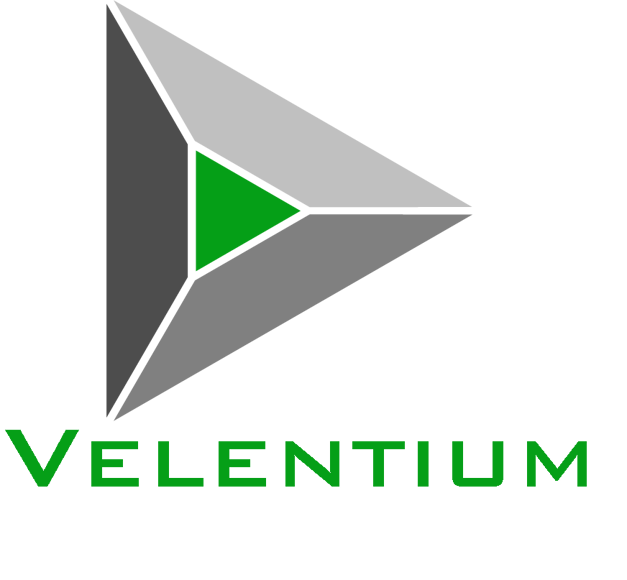About once a quarter, Velentium offers its staff the opportunity to read & discuss a business-related book together. It’s a chance for us to take a break from chopping firewood and to sharpen our proverbial axes – in order to learn how to become more efficient or proficient at our work.
The selection for this series, Deep Work by Cal Newport, proved particularly apt for our situation. As consultants, engineers, and manufacturers who turn our clients’ IP into real, market-ready devices, our days are filled with tasks that require intense focus. Yet the technological environment and, in many cases, the corporate environments in which we work aren’t optimized for such undistracted intensity.
Some aspects of the challenge are beyond our control and even our desire to control. For example, we want to be available to our customers – they aren’t “interruptions” in our workflow, they’re the reason the workflow is happening! At the same time, other aspects of the challenge are within our control, such as how we schedule meetings, define expectations for response time to internal and external communications, and how we signal “in the zone – do not disturb” to colleagues while still providing ample opportunity for collaboration and feedback.
Given those concerns, it’s not surprising that our Book Club discussion quickly narrowed in on this question:
What should an engineering / consulting organization like Velentium do to support a culture of Deep Workers?
In this short series, we’ll explore a selection of Cal Newport’s insights, pointing to ways that we’re already putting some of them to work, systemizing our application of others, and piloting new ideas over this quarter and the coming year, all to maximize our opportunities to engage in Deep Work.
The Opportunity
According to Newport, the ability to work deeply is becoming increasingly rare (due to the distractions being continuously streamed to our work tools and personal devices) at the same time that it is becoming increasingly valuable (due to the heightened complexity of work that meets contemporary economic needs). Put another way, fewer and fewer value-producing tasks are available to those who lack the will and the mental discipline to focus intently on difficult problems; yet the very tools that we have devised to help us get work done (including many of the management practices currently in vogue – more on that later) and entertain us in our leisure time are playing directly into our natural preference to prioritize simple, shallow, “busy” tasks moment by moment.
Overcoming this irony, Newport argues in his introduction and opening chapter, will be the hallmark of economically successful individuals and companies in the next decades.
Simply put, we agree. In fact we’d extend the principle even farther, at least for our industry: as the regulatory environment around medical device development grows steadily more complex, and as health delivery organizations become better informed and more discerning in their procurement stipulations, helping patients by bringing secure and effective new technologies to market will become increasingly dependent on device developers’ access to Deep Workers.
In our next post, we’ll look at the two primary abilities that characterize Deep Workers, and discuss briefly some ways to identify those characteristics in prospective new hires. We’ll also examine how certain management and corporate culture practices can work against a person’s ability to work deeply after he or she has been hired.






